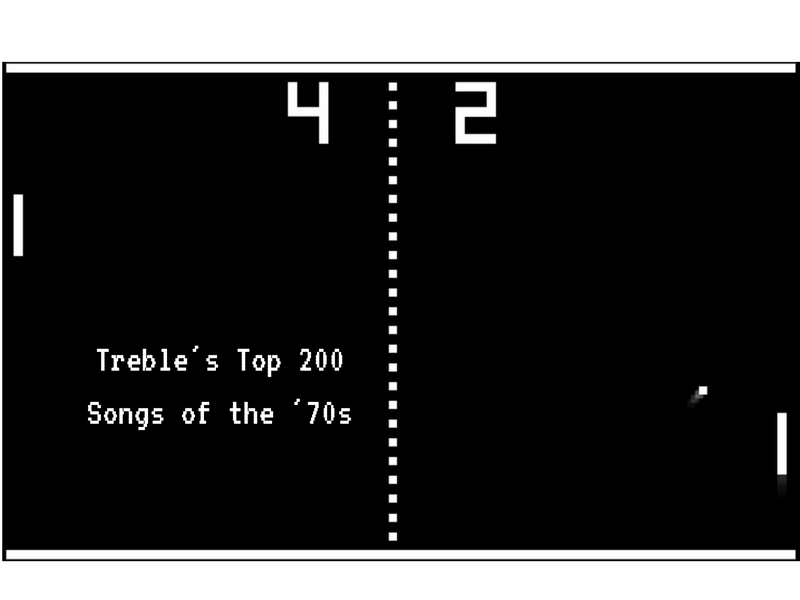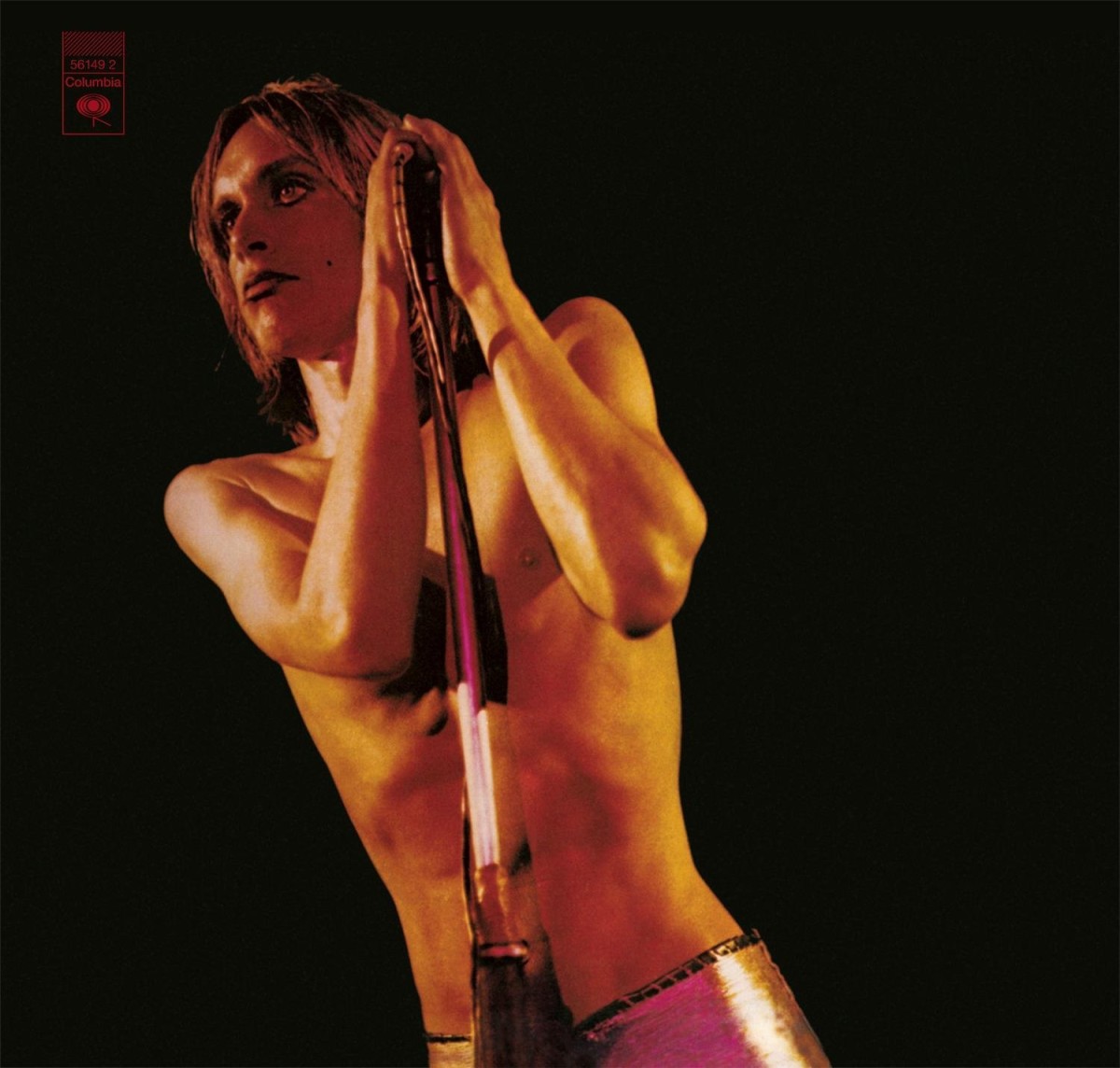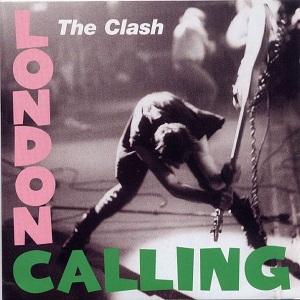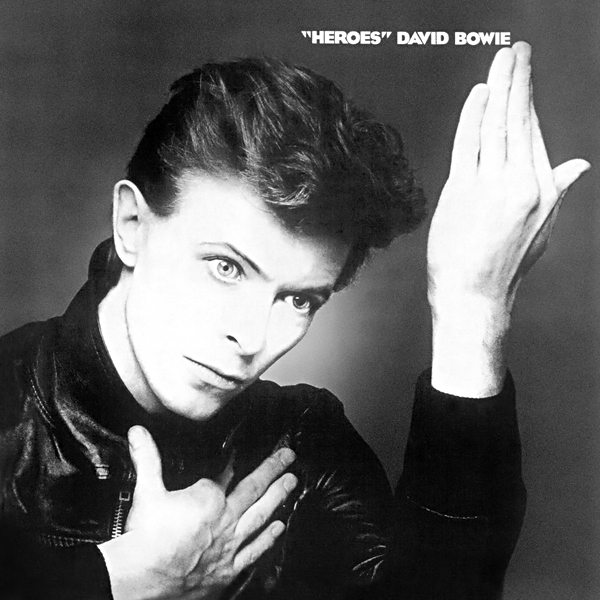Treble’s Top 200 Songs of the ’70s


10. Blondie – “Heart of Glass”
(1978; Chrysalis)
“Heart Of Glass” is a bit of an outlier on Blondie’s classic 1978 album, Parallel Lines. In stark contrast to other hits on the album such as “One Way Or Another” and “Hanging On The Telephone,” “Heart of Glass” has a distinctly dance rock, European-electro sound with a funky double-tracked bass drum courtesy of producer Mike Chapman. Lead singer Deborah Harry knew that recording a disco-sounding song might put the new wave band in jeopardy of dreaded “sell-out” accusations, but in the end the opportunity was just too alluring and after Deborah’s sultry lyrics were laid down the song became an instant hit, reaching number 1 in both US UK while still maintaining the artistic integrity the band was known for. Between the harmonized vocals, instantly recognizable synth melody and the infectious “da da daa” of the song’s final third, “Heart of Glass” evokes feelings of love, lust, and disappointment while the cool funk sounds have cemented the song within the new wave and disco zeitgeist. – Donny Giovannini

9. Iggy & the Stooges – “Search and Destroy”
(1973; Columbia)
People quibble about the quality of the production on Iggy and the Stooges’ Raw Power, and I get it, but when James Williamson’s blazing guitar riffs come ripping out of the gates on “Search and Destroy,” I couldn’t care less how shitty the mix is. The album is called Raw Power. That doesn’t leave a lot of room for subtlety or nuance or intricacies, and “Search and Destroy” leaves even less. Nihilistic, dystopian and outright fierce, “S&D” aims its love gun right at the listener and never relents with its firestorm of fuzz-blaring, tight-pantsed menace. Iggy Pop may very well be talking a kind of Bolan-esque nonsense when he declares, “I’m a streetwalkin’ cheetah with a heart full of napalm,” but he’s off the rails in a way that Bolan never was, ripping out every seam and crashing through every window. It’s not really much of a secret that most punk bands were taking their cues from The Stooges, but “Search and Destroy” is less frequently hailed for what it truly is: a great rock ‘n’ roll song taken to its most illogical extreme. It starts out intense, gets crazier and by the end, Pop is screaming, sweating and halfway past a nervous breakdown. That’s a high level of commitment to ask from a performer, but Iggy & The Stooges didn’t bother to wait for anyone’s request. – Jeff Terich

8. The Clash – “London Calling”
(1979; CBS)
The Sex Pistols having imploded so brightly and sort of brilliantly, the world’s citizens looked at each other and shrugged. “What the fuck next?” they ask. “We go the fuck on, of course,” says a gravelly British voice from the back of the room. And go on they did, and as a result most of The Clash’s oeuvre has descended into the lower depths of classic rock. “If I have to hear ‘Rock the Casbah’ once more I’ll be forced to shoot someone,” screams the listeners’ collective conscience. Shoot if you must, but as a matter of saving lives why not listen to London Calling with all of its less appreciated, and therefore less despised, gems. The title track itself with its rigid, almost staccato riff and ghoulish, anxious vocals about an overflowing Thames, nuclear error, dying crops, a new ice age and “phony Beatlemania” defy automatic canonization, but, then again, here we are. – Chris Morgan

7. David Bowie – “Heroes”
(1977; RCA)
David Bowie’s decision to drape the title of his 1977 album “Heroes” in quotes may have very well had something to do with his own disillusionment with being considered anyone’s hero. Or it may have been because the song was inspired by Neu!’s krautrock jam “Hero.” Yet, all irony and influential kudos aside, there’s definitely something undeniably heroic to “Heroes,” the pinnacle of Bowie’s Berlin period, inspired by a pair of lovers kissing in front of the Berlin Wall. A dense and sonically rich rock anthem built around Robert Fripp’s soaring guitar riffs and Brian Eno’s heavy and rhythmic keyboards, the song is all rise, escalating from one verse to the next with increasing levels of emotion that can simultaneously gut and inspire. In the song’s final verse, Bowie’s voice grows to its most harried and frayed as he lets out a series of moving, mystifying screams that leave the listener (this one, anyhow) breathless. In fact, Tony Visconti even came up with a neat studio trick to capture the full effect of Bowie’s wails — he set up microphones at 10, 20 and 50 feet away, each one opening up a “gate” that picked up Bowie’s voice once it reached a certain volume. These “gates” also serve as curious parallel to the Wall, its oppressive symbolism a backdrop for ordinary people in a momentarily extraordinary scenario. And while the verse that opens the song (“I, I will be king/ And you, you will be queen…“) is identical to the fourth verse, in both tone and in context, they couldn’t be further apart, one a reflection of an fleeting moment of triumph, and the other a desperate acknowledgement that it will come to an end. It’s simultaneously love story, tragedy and statement of defiance in six stunning minutes, but somewhere in there is a message of hope, that just for one day, we could be heroes. – Jeff Terich
6. Television
“Marquee Moon“
(1977; Reprise)
Available on Marquee Moon
Inextricably linked to the post punk scene of New York in the 1970s, Television was a regular act at the legendary CBGB’s where lead singer Tom Verlaine honed his lyrics and rock sound, heavily influenced by his New York contemporaries as well as vibes from the likes of Neil Young and Jerry Garcia. “Marquee Moon” is the defining track from the debut album of the same name, and at 10 minutes and 40 seconds, its length differentiates it from most of the other punk-era songs on this list, but its lyrical imagery and memorable melodies fit right in with all of the other classics of the decade. It begins with each instrument coming in, one at a time, in four-measure increments. The basic structure holds until around the 4:50 mark when Verlaine’s guitar solo consumes the next 4 minutes, continuing to scale up until the rest of the instruments shatter under its weight and the band goes back to square 1 with legendary riffs of the song’s introduction.
Because of space limitations on the first LP press, the track fades out at around the 9:58 second mark. “I think it’s mood-evoking in a way that the voice starts to come in and then just fades away,” said Richard Lloyd to the New York Rocker, “It gives you the conception that the song never really ends.” “Marquee Moon” might as well never end; when a composition is as addicting as this, the only thing that length truly affects is the number of times I have to hit the back button in order to get my fill. – Donny Giovannini
5. Stevie Wonder
“Superstition“
(1972; Tamla)
Available on Talking Book
But no, really, how good is Stevie Wonder? He compiles superstitions related to broken mirrors, ladders, the number 13, and juxtaposes them against lyrics promoting living life based on the real and tangible. He tries to give the song away first to no less a talent than Jeff Beck. He then ends up performing most of the instrumental parts himself, among them the dramatic drum beat and the clavinet part that would become one of the low-down-and-dirtiest riffs to ever be riffed. (And yes, he’s still blind.) “Superstition” is one of the first tracks to showcase Wonder’s ability to speak to personal and social responsibility, a talent he would later display in everything from “Living for the City” to “Jungle Fever.” It also contained smorgasbord funk conceits — my God, those horns! — that were universal in enjoyment and adaptation, a style that would cascade for decades down through Peter Gabriel and acid jazz to Hot Chip and Frank Ocean. – Adam Blyweiss
4. Joy Division
“Transmission“
(1979; Factory)
Available on Substance
All pop music is essentially totalitarian. This was at once Joy Division’s strength and weakness. Though their albums have deserved cult-like admiration, their singles play like unheard cries for a mass audience. “Transmission” is the least personal, most accessible and therefore most poppy of all of Joy Division’s singles (despite lacking a proper chorus… so to speak) but what force it carries. Ian Curtis’s raging intonations of “Dance, dance, dance, dance to the radio” shattered the taboo of the pop artist as dictator and with a little more time God knows what he could have accomplished. Be grateful that Bono is more benevolent. – Chris Morgan
3. Talking Heads
“Psycho Killer“
(1977; Sire)
Available on Talking Heads: ’77
Arty, funky, poppy, creepy, “Psycho Killer” is the stuff of late night dorm discussions, backyard parties and haunted houses. Maybe best known for teaching us all how to say, “What is this?” in French (Qu’est-ce que c’est?), the song just scratched the surface of what the Talking Heads could do. “Psycho Killer” works as both a reflection of the band’s capabilities, and as a lyrical statement. The way the bassline drives the whole thing is a nod to the funkadelia and world beats the Talking Heads would embrace more and more as their career went on, but it can also represent a pounding migraine in a mad man’s brain, or the racing heart of a terrified victim. The way the guitars toggle back and forth between major and minor chords — as well as clean acoustics and crunching distortion — mesh with the narrative of a combustible and unpredictable personality, as well as the group’s interest in punk and direction in which they took post-punk. As forerunners of New Wave and ambassadors of endless genres, the Talking Heads are one of the most influential bands in modern music history. On “Psycho Killer,” you can hear how the voices were starting to whisper. – Liz Malloy
2. Velvet Underground
“Sweet Jane“
(1970; Cotillion)
Available on Loaded
Writing with regard to the characters in his film, Kings of the Road, Wim Wenders describes them as of his generation, that generation who had the experience, in post-war West Germany, that Lou Reed details in Loaded‘s other great anthem, “Rock & Roll.” Saved from boredom by the music playing on the radio. Saved from nothingness. In some way, I almost feel like my love for rock and roll, which wavers from time to time, lives and dies with “Sweet Jane” — which is to say it lives. After all the cruelty and narcosis and pain and nihilism of the first two Velvets records came the redemption of the third, and from that somehow “Sweet Jane” enters the world. Or so I like to imagine. It’s not difficult to take Lou Reed at his word when he says that he felt like he could write lyrics forever to the chord progression at the core of “Sweet Jane,” but that he ended up with what he ended up with, who could possibly explain that? – Tyler Parks
1. David Bowie
“Life on Mars?“
(1971; RCA)
Available on Hunky Dory
David Bowie’s ’70s output is such an embarrassment of riches that it leads one to wonder if vote splitting would keep any one Bowie track from heading up this list. But really, who else other than the decade’s most ambitious and rewarding artist deserves to be here? More than just merely a chameleon as he’s frequently described, Bowie was often the innovator, the catalyst and the facilitator. The first recording to feature the Spiders from Mars in its classic lineup, “Life on Mars?” is among the first glimpses the world was given of his genius. Stirring, gorgeous and complete with Mick Ronson’s expertly arranged cinematic strings, the song is as beautiful as anything he’s ever written. From the first piano chord to the coda echoing in the background as the song comes to a close, it’s flawless. Bowie has talked about the song’s compellingly surrealistic lyrics on numerous occasions, rarely remaining consistent in his explanation of their meaning, but it’s safe to say the theme captured here is a disappointment with reality, one that I imagine was pretty tangible to just about everyone at this point in time. Throughout the remainder of the decade Bowie would come close to matching this song’s greatness, but ultimately, neither he nor anyone else could top it. – Chris Karman

